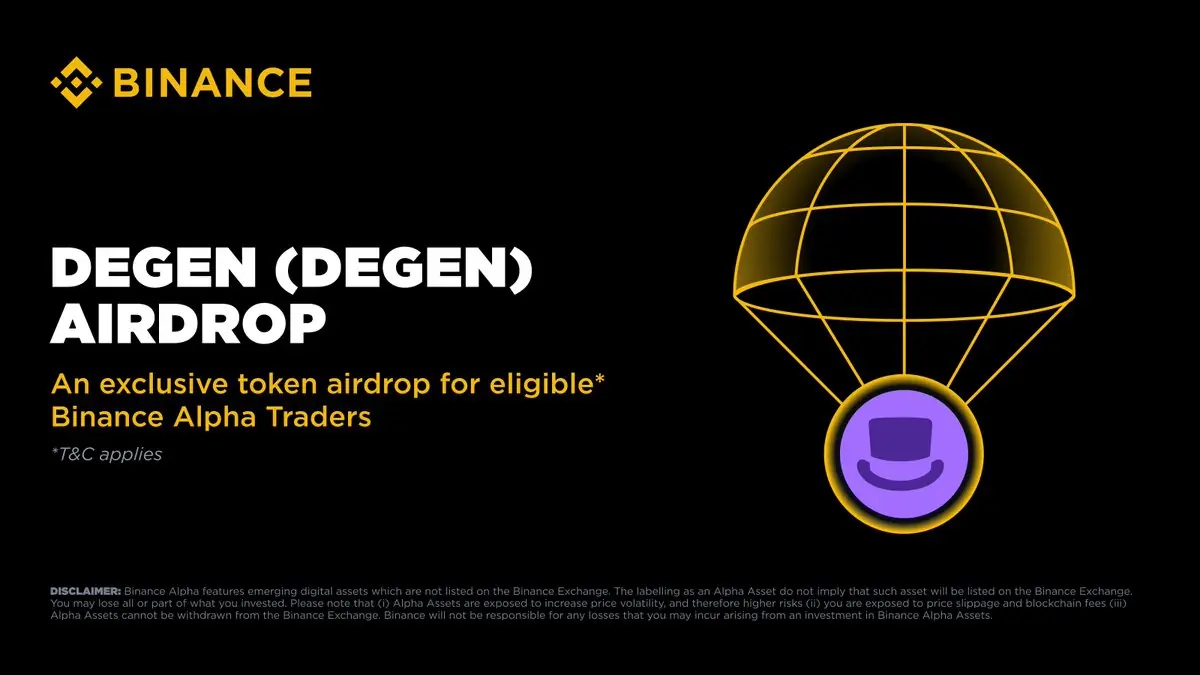TLDRs:
Shares of Toyota dipped as investors grew wary of the buyout Shareholders argue the $32.4B deal undervalues Toyota Industries Concerns over governance and Toyoda family control grow louder Japan’s corporate reform faces a major test with this transactionShares of Toyota Motor Corporation (NYSE: TM) slipped by 0.65 percent to close at $183.94 on June 9 amid mounting concerns over a proposed $32.4 billion buyout of Toyota Industries.
In pre-market trading session Tuesday, the stock edged slightly higher to $184.29, up 0.21 percent. The market reaction reflects growing investor caution as shareholders push back against a deal many view as underpriced and overly advantageous to the founding Toyoda family.
 Toyota Motor Corporation (TM)
Toyota Motor Corporation (TM)
Shareholders Challenge Price and Power Dynamics
During Toyota Industries’ recent annual meeting, dissenting shareholders openly criticized the 16,300 yen per share offer, pointing out that it falls below the market rate. The proposed price represents roughly an 11 percent discount, a surprising move given that buyouts typically involve premiums to incentivize acceptance. Critics argue that the deal lacks transparency and appears more focused on tightening Akio Toyoda’s grip on the group than on enhancing corporate value.
Despite these concerns, the company secured approval for all proposals, including those linked to the buyout. Akio Toyoda, who also serves as Toyota Motor’s chairman, defended the plan as a strategic realignment designed to enhance the group’s global competitiveness. However, many investors are not convinced that centralizing power under a family-led holding structure aligns with broader governance reforms Japan claims to be embracing.
A Legacy Move Disguised as a Modern Strategy
The transaction carries deep symbolic weight. Toyota Industries, originally founded in 1926 by Sakichi Toyoda as a textile machinery firm, is the birthplace of what would become the global auto giant. Akio Toyoda’s decision to personally invest ¥1 billion into the acquisition vehicle appears to honor that lineage while also reinforcing his influence. This privatization brings the company full circle, reabsorbing its origins into the broader Toyota ecosystem just as the company faces disruptive shifts in mobility technology.
Toyoda has framed the move as a way to restore the group’s identity amid changes in the global auto sector. Yet the symbolic gesture has not assuaged investor concerns that governance is being sacrificed for legacy consolidation.
Toyota Fudosan’s Role Raises Red Flags
At the center of the buyout is Toyota Fudosan, a real estate company with deep ties to the Toyota Group. Although officially a property firm, Fudosan effectively acts as a holding company, maintaining cross-shareholdings across Toyota-affiliated firms. Akio Toyoda has chaired the company since 2015, a role he inherited from his father, Shoichiro Toyoda. This tight-knit control structure has fueled fears that the transaction reinforces old habits in corporate Japan, where founding families quietly dominate operations behind the scenes.
The Japanese government has in recent years championed reforms to dismantle such cross-shareholding webs in favor of greater transparency and capital efficiency. Toyota’s latest maneuver appears to sidestep those goals, further blurring the line between tradition and transparency.
Corporate Japan Watches Closely
Given Toyota’s stature in Japan’s industrial hierarchy, this deal is likely to serve as a bellwether for corporate governance practices across the country. If the buyout proceeds as planned, it could embolden other conglomerates to follow suit, potentially rolling back progress made in modernizing Japan’s corporate culture.
For now, the battle between heritage and reform remains unresolved, with shareholders signaling they are far from ready to surrender quietly.
The post Toyota Motor Corporation (TM) Stock; Drops Almost 1% as Shareholders Push Back Against Toyota Industries’ $32.4B Buyout Plan appeared first on CoinCentral.


 6 days ago
15
6 days ago
15 










 Bengali (Bangladesh) ·
Bengali (Bangladesh) ·  English (United States) ·
English (United States) ·